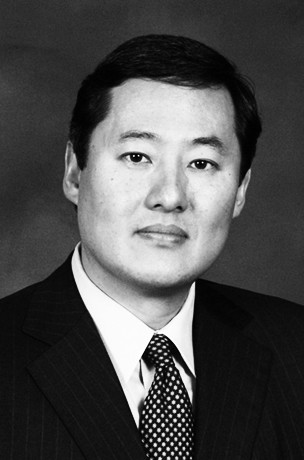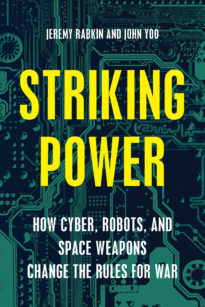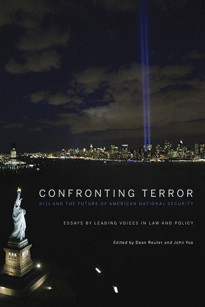Free shipping on all orders over $40.
JOHN YOO has been a professor of law at the University of California, Berkeley, School of Law since 1993 and a visiting scholar at AEI since 2003. He served as a deputy assistant attorney general in the Office of the Legal Counsel of the U.S. Department of Justice from 2001 to 2003, where he worked on constitutional and national security matters. He also served as general counsel of the Senate Judiciary Committee, and a law clerk to Justice Clarence Thomas and Judge Laurence Silberman.
He is the author of Point of Attack: Preventative War, International Law, and Global Welfare (Oxford University Press, 2014), Taming Globalization: International Law, the U.S. Constitution, and the New World Order (Oxford University Press, 2012), Crisis and Command: A History of Executive Power from George Washington to George W. Bush (Kaplan Publishing, 2010), War by Other Means: An Insider’s Account of the War on Terror (Atlantic Monthly Press, 2006), and The Powers of War and Peace: The Constitution and Foreign Affairs after 9/11 (University of Chicago Press, 2005).
Titles by this Author
-
Read More
Threats to international peace and security include the proliferation of weapons of mass destructions, rogue nations, and international terrorism. The United States must respond to these challenges by embracing new military technologies.
- $25.99
- Add to Cart
-
Read More
If there has been a unifying theme of Barack Obama’s presidency, it is the inexorable growth of the administrative state. Its expansion has followed a pattern: First, expand federal powers beyond their constitutional limits. Second, delegate those powers to agencies and away from elected politicians in Congress. Third, insulate civil servants from politics and accountability.
- $32.99
- Add to Cart
-
Read More
After the September 11, 2001 attacks, the United States went to war. With thousands of Americans killed, billions of dollars in damage, and aggressive military and security measures in response, we are still living with the war a decade later. A change of presidential administration has not dulled controversy over the most fundamental objectives, strategies, and tactics of the war, or whether it is even a war at all.
- $23.95
- Add to Cart



